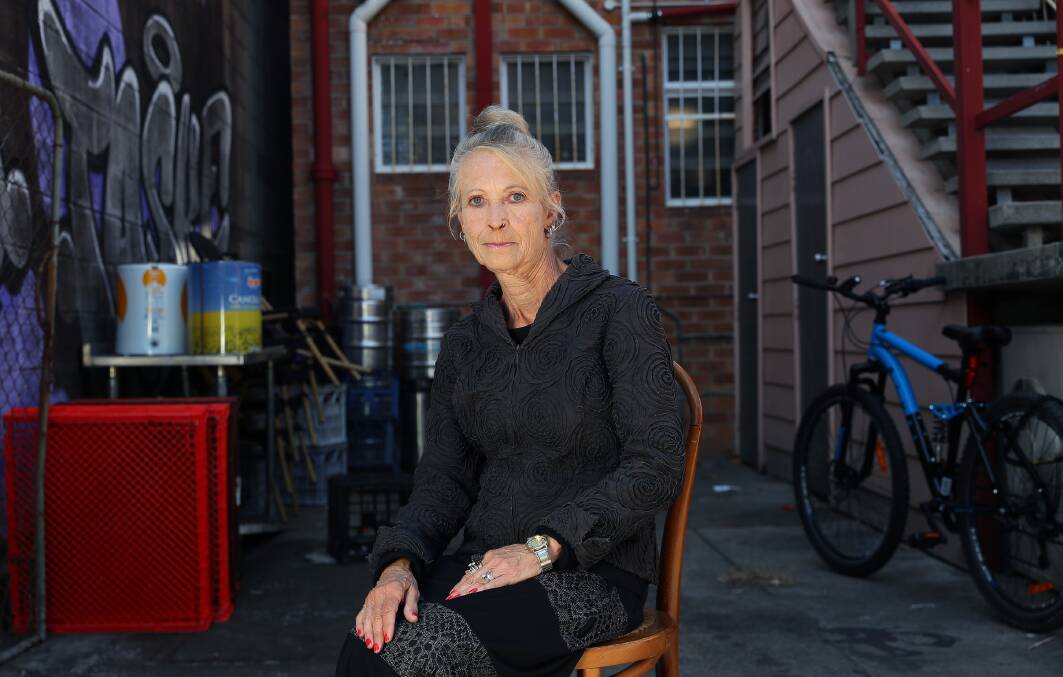
Each fortnight, Kerrie pays for gas, electricity, groceries and rent on a one-bedroom apartment in Islington. By the time she does that, she has almost no money left.
The 70-year-old has lived off Centrelink for around 20 years after resigning from work for health reasons. She said weekly payments, which have raised incrementally, cover "everything", along with Friday lunches at the Salvation Army and a weekly visit to another centre.
But a growing number of Australians over 65-years-old are living on less than half the state's median income. At least 50,000 older people fell into poverty between 2016-2021, according to the NSW Council of Social Service's (NCOSS) Mapping Economic Disadvantage Report, released in April.
The Hunter Valley, Newcastle and Lake Macquarie had the highest rates of seniors' poverty outside of greater Sydney, along with the Illawarra.
Acting NCOSS CEO Ben McAlpine said at last count Raymond Terrace, Muswellbrook and to the south of Rutherford had one in five seniors living in poverty. It was worse in Mount Hutton, where one in four older people are below the poverty line.
Hunter charities fear the rates of over 65-year-olds doing it tough have risen further since the NCOSS report was completed.
Orange Sky offers free showers and laundry to people who can not afford expenses. They have noticed a significant increase in older people at their Hamilton service as electricity costs climb.
"A lot of people no longer have access to services they did recently. You do see a trend of older people who can't afford what they did very recently," volunteer Hannah Arundell said.
Many Hunter and national-based charities are responding to this crisis by ramping up donation calls ahead of an icy winter, including the Salvation Army's annual red shield appeal.

Soul Hub in Newcastle provides food and community for people living in poverty. The service had a 52 per cent increase in request for meal support from February 2022 to to same time in 2023. General manager Matthew Ortiger said at least 35 per cent of those requests came from older people.
"The general [cost of living] increase is a major issue for people," Mr Ortiger said. "Even if you have somewhere to stay, if you're on Centrelink or age-care payments, once you pay your rent there's precious little funds left for the fortnight."
The story worsens still for older women in the private rental market, where one in six state-wide live in poverty.
Professor Roberta Ryan is director of the Institute for Regional Futures at the University of Newcastle. She said women generally have just half the amount of superannuation as their male counterparts and are more reliant on the age pension for help.
"One of the reasons we are seeing so much [poverty] here is that we've got women who wouldn't have worked in places where they've had continuous access to superannuation," she said.
"We're also seeing quite an alarming trend of women over 55 people represented in people who are homeless or sleeping rough. That's a relatively new trend."
Kerrie is proud of her independence and says she has adequate income, but even she has noticed tightening pressures.
Her gas and electricity bills have risen and rent recently went up by $40 for the first time during her eight-year long tenancy. She eats "on the cheaper side", shopping for things like bread rolls and spreads for dinner. Others have seen their rent rise 11 times in the last year, in line with national interest rate hikes.
Professor Ryan said the proportion of over 65-year-olds living in poverty was directly related to the number of older people on income support.
"The rates are so low," she said. "When you add into that the impact of housing affordability which is really a huge crisis in Newcastle."
Professor Ryan welcomes Treasurer Jim Chalmer's recent hint at higher Jobseeker rates for over 55s in this month's budget, but said the increase should be universal to assist younger demographics.
"The Government is facing difficult budget pressures but this must be [addressed]," she said. "I don't think we have ever had this many [people over 65 below the poverty line] before. It is an extraordinary situation."







